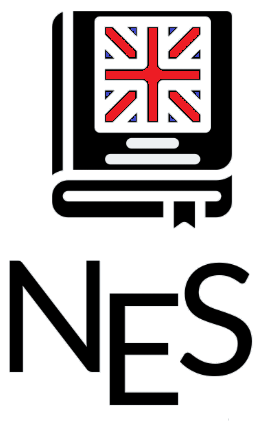Hello English learners! Understanding the news is a vital skill, whether for personal interest, academic study, or professional development. This article is designed to help B1-B2 English speakers grasp common terminology used in news reports, articles, and broadcasts.
By learning these terms, you’ll be able to follow current events more effectively, understand different types of news, and even discuss them with greater confidence. Let’s dive into the language of journalism!
1. Types of News and Media
These terms describe different forms of news and the platforms through which we receive it.
Headline: The title of a news article, usually printed in large letters, designed to catch the reader’s attention.
Example: “The headline on the front page was about the new government policy.”
Breaking News: News that is happening right now and is being reported as soon as it becomes available.
Example: “We interrupt this program for some breaking news about a major earthquake.”
Feature (Article): A longer, more in-depth article about a specific topic, person, or event, often found in magazines or the lifestyle sections of newspapers.
Example: “This week’s magazine includes a fascinating feature on sustainable living.”
Editorial: An article in a newspaper or magazine that expresses the opinion of the editor or publisher.
Example: “The editorial strongly criticized the recent changes in education.”
Opinion Piece: An article expressing the author’s personal views, often on a controversial topic.
Example: “I often read the opinion pieces in that newspaper to see different perspectives.”
Broadcast: A program (like news or a show) transmitted by radio or television.
Example: “The evening news broadcast begins at 6 PM.”
Podcast: A digital audio file made available on the internet for downloading to a computer or mobile device.
Example: “Many news organizations now offer daily news podcasts.”
Journalist: A person who writes for newspapers, magazines, or prepares news to be broadcast on radio or television.
Example: “The journalist spent weeks investigating the story.”
Correspondent: A journalist employed to report on a particular subject or send reports from a distant country.
Example: “Our foreign correspondent is reporting live from Paris.”
2. Reporting and Sources
Terms related to how news is gathered, verified, and presented.
Source: A person, document, or organization that provides information for a news story.
Example: “The journalist refused to reveal his source for the confidential information.”
Eyewitness: A person who has seen something happen and can give a first-hand description of it.
Example: “Police are interviewing an eyewitness to the accident.”
Quotation (or Quote): A group of words taken directly from a text or speech and repeated by someone else.
Example: “The article included a direct quotation from the President’s speech.”
Interview: A formal meeting at which a journalist questions someone to get information for a news report.
Example: “She conducted an interview with the famous scientist.”
Investigate: To carry out a systematic or formal inquiry to discover and examine the facts of an incident, allegation, etc., in order to establish the truth.
Example: “The newspaper decided to investigate claims of corruption.”
Verify: To make sure or demonstrate that something is true, accurate, or justified.
Example: “Journalists must always verify their facts before publishing a story.”
Bias: Prejudice in favor of or against one thing, person, or group compared with another, usually in a way considered to be unfair.
Example: “Some people criticize the news channel for having a political bias.”
Fabricate: To invent or concoct (something, typically a story or a lie) in order to deceive.
Example: “It was discovered that the reporter had fabricated parts of the story.”
3. Events and Issues
Vocabulary to describe the content of news stories.
Crisis: A time of intense difficulty, trouble, or danger.
Example: “The government is trying to solve the economic crisis.”
Disaster: A sudden event, such as an accident or a natural catastrophe, that causes great damage or loss of life.
Example: “The earthquake was a terrible natural disaster.”
Protest: A statement or action expressing disapproval of or objection to something.
Example: “Thousands of people attended the protest against climate change.”
Conflict: A serious disagreement or argument, typically a prolonged one.
Example: “International efforts are focused on resolving the military conflict.”
Summit: A meeting between heads of government.
Example: “Leaders from around the world will attend the climate summit next month.”
Negotiations: Discussions aimed at reaching an agreement.
Example: “Peace negotiations between the two countries are ongoing.”
Legislation: Laws, considered collectively.
Example: “New legislation on data privacy will be introduced next year.”
Controversy: Extended public disagreement or heated discussion.
Example: “The politician’s comments caused a lot of controversy.”
